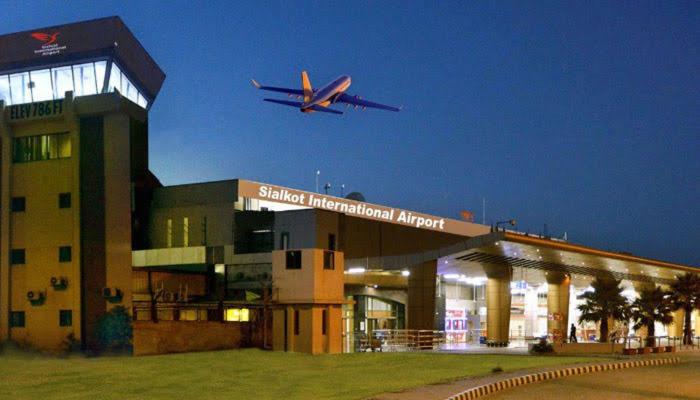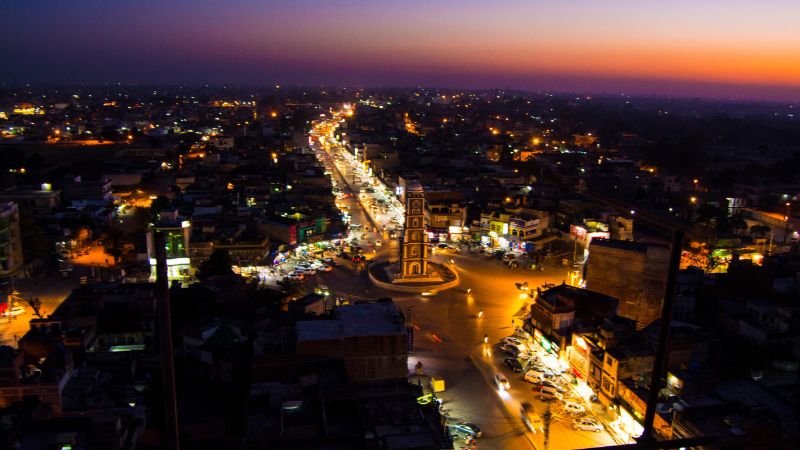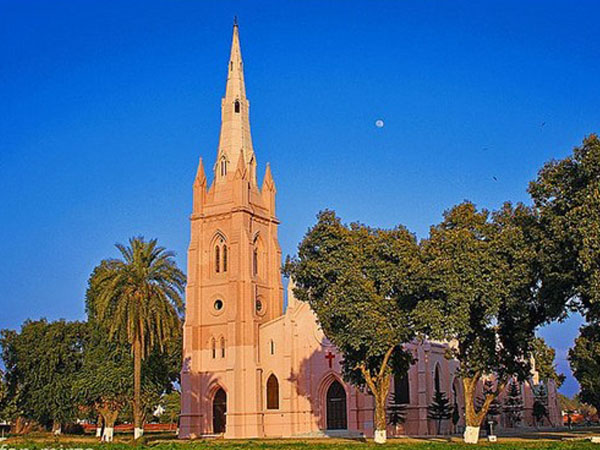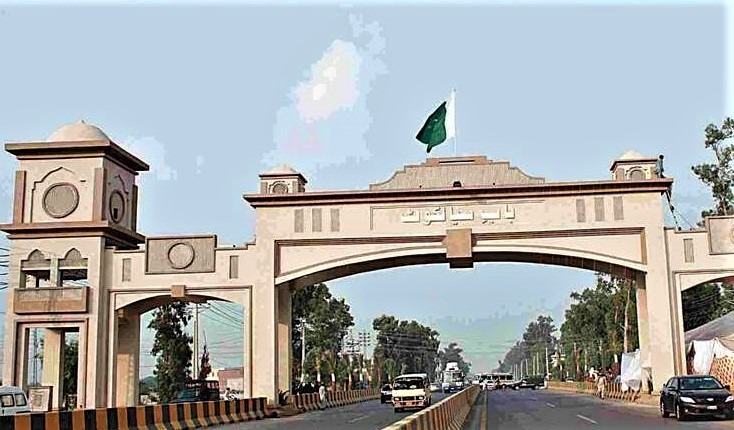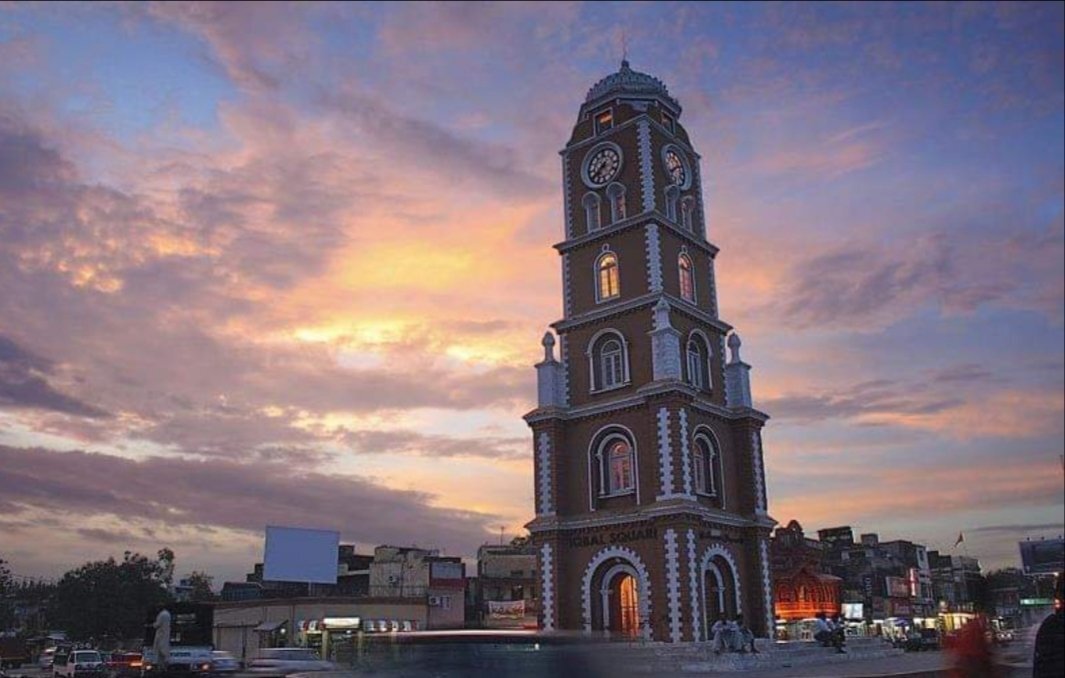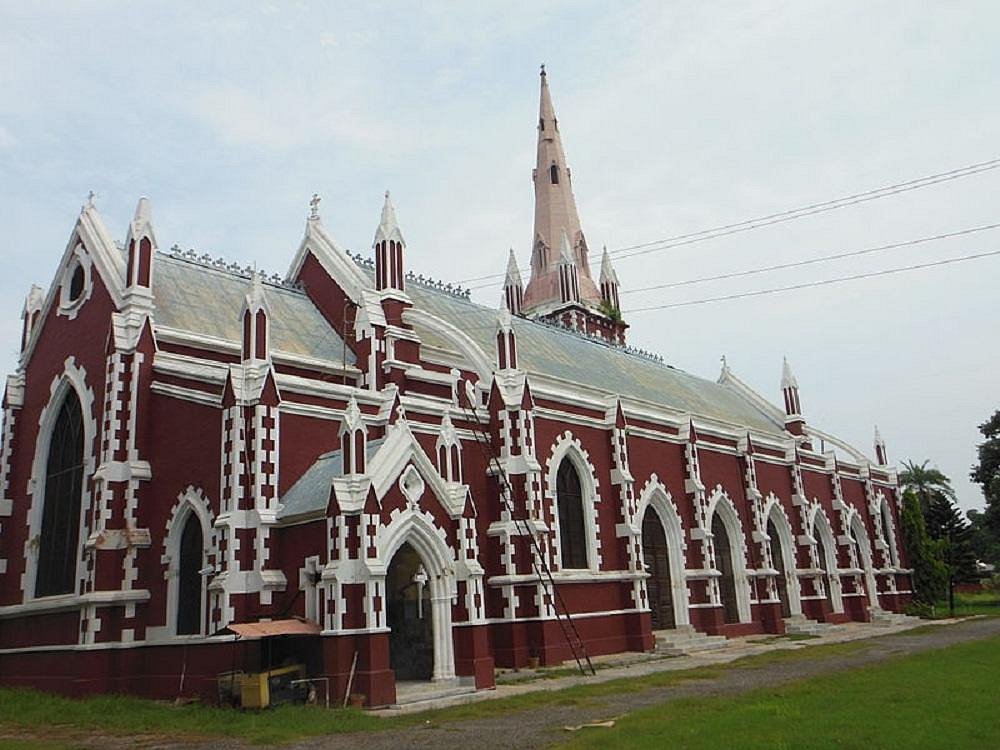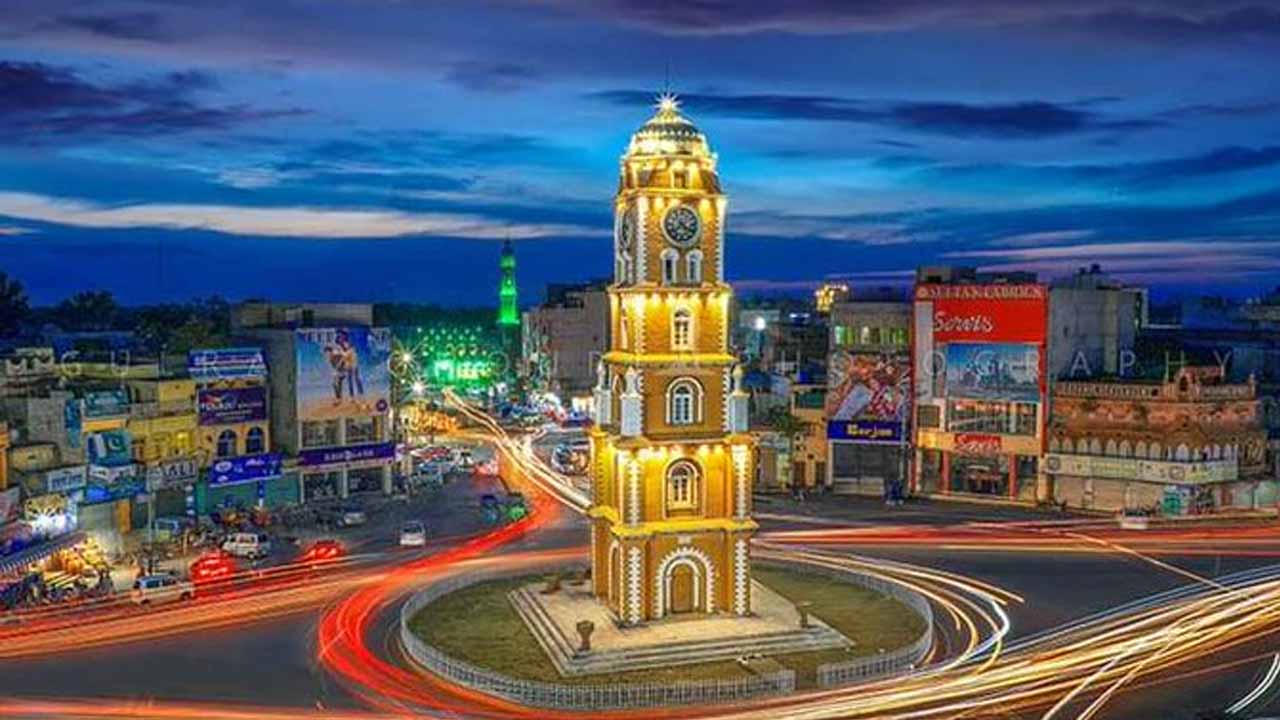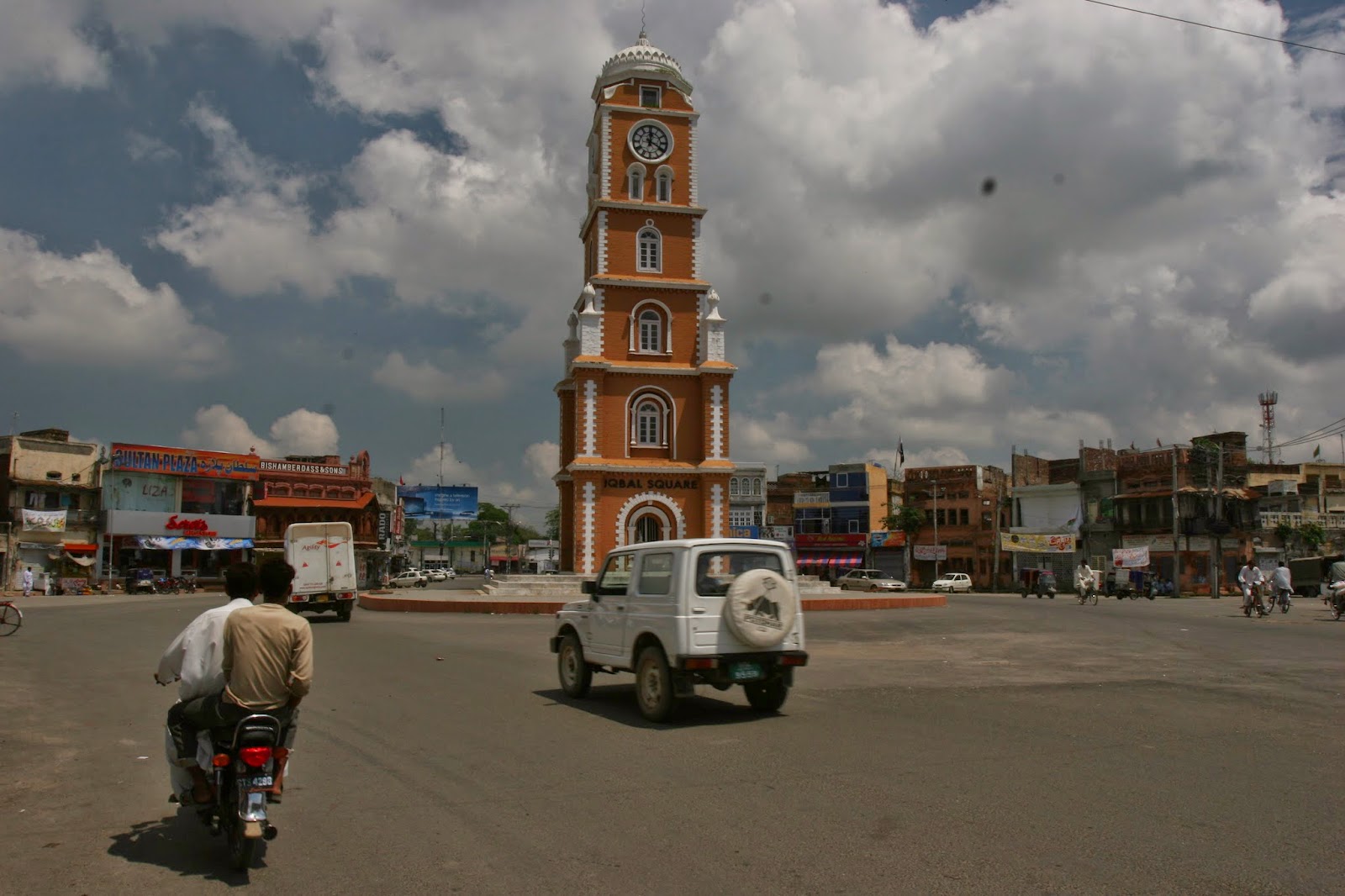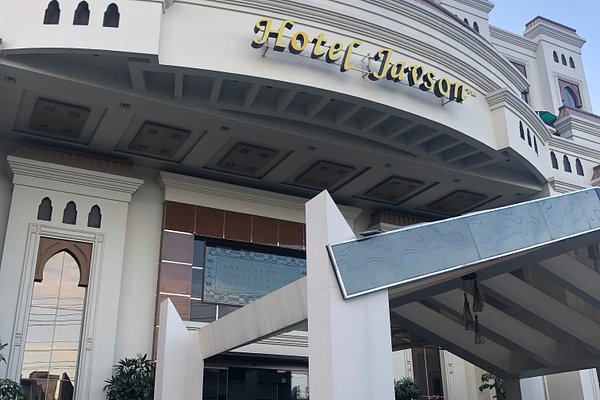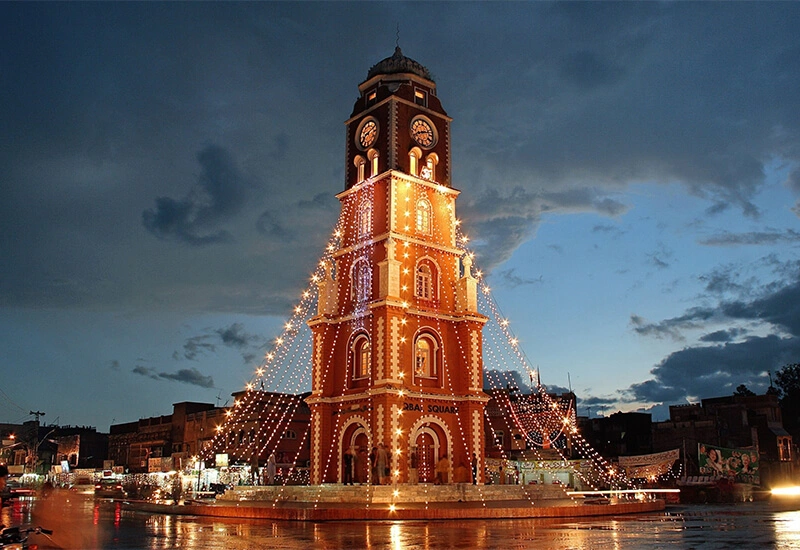
About the Sialkot
The City of Craftsmanship and Heritage
Sialkot, a vibrant and industrious city located in the northeastern part of Pakistan’s Punjab province, stands as a symbol of resilience, innovation, and cultural richness. While not as globally recognized as larger cities like Lahore or Karachi, Sialkot quietly holds a place of immense national and international importance due to its strong industrial base, deep historical roots, and unique character.
Historical Significance
Sialkot is one of the oldest cities in South Asia, with a history that dates back over 2,000 years. It is believed to have been founded by Raja Sul or Sál, a ruler from ancient times, and later flourished under different empires including the Greeks, Mauryans, Kushans, Guptas, and Mughals. The city's strategic location made it an important center for trade and culture throughout ancient and medieval periods.
During the Mughal era, Sialkot grew significantly in terms of craftsmanship, especially in leather and metalwork. Later, during British colonial rule, the city expanded its industrial capabilities, which laid the groundwork for the export powerhouse it is today.
Economic Powerhouse
Sialkot is best known for its remarkable role in Pakistan’s economy. Despite being a relatively small city, it has earned a global reputation for its quality manufacturing, especially in the fields of sports goods, surgical instruments, leather products, and musical instruments. It is estimated that a significant portion of the world’s soccer balls are manufactured in Sialkot. The city gained international spotlight when it produced the footballs used in various FIFA World Cups, a feat of pride for both the city and the country.
The city is also home to a thriving surgical instruments industry. Many hospitals around the world rely on tools crafted by Sialkot’s skilled workforce. These products are not just exported under local brands but are also used by international companies who rely on Sialkot’s precision and quality.
Entrepreneurial Spirit
One of Sialkot’s most distinguishing features is its strong sense of entrepreneurship. The city’s economic success is largely the result of private initiatives rather than government planning. In fact, Sialkot is the first city in South Asia to build its own private airport — the Sialkot International Airport — funded by local businesses. This achievement highlights the city’s commitment to self-reliance and collaborative growth.
Small and medium enterprises (SMEs) dominate the city’s economic landscape. Generations of families have carried on craftsmanship traditions while adopting new technologies to stay competitive in the global market. The business culture here is defined by hard work, innovation, and an unshakeable belief in quality and reputation.
Educational and Cultural Landscape
Sialkot is not just about industry; it also has a rich cultural and educational environment. The city boasts several colleges, universities, and schools that contribute to its high literacy rate and educated population. Institutes like the University of Sialkot and Government College Women University play a key role in providing higher education opportunities to the local youth.
Culturally, Sialkot has been home to some of the most respected literary figures in the subcontinent. One of the most celebrated personalities born in Sialkot is Allama Muhammad Iqbal, the national poet of Pakistan, who envisioned the idea of a separate homeland for Muslims in South Asia. His birthplace has been preserved as a museum and is frequently visited by students, scholars, and tourists.
Another notable figure is Faiz Ahmad Faiz, a revolutionary poet known for his progressive and humanistic poetry. These literary icons reflect the city’s deep connection with art, culture, and intellectual thought.
Infrastructure and Urban Development
Over the years, Sialkot has seen rapid development in infrastructure. The road networks are well-planned, and new commercial hubs are emerging to cater to growing business needs. The Sialkot-Lahore Motorway has improved connectivity, making it easier for goods and people to move in and out of the city efficiently.
Additionally, the city has invested in clean drinking water, waste management, and healthcare. While challenges remain, such as population pressure and urban sprawl, local authorities and citizen-led initiatives continue to work on sustainable urban development.
Community and Way of Life
Sialkot’s people are known for their hospitality, warmth, and resilience. The community-oriented lifestyle encourages strong family values, and many residents maintain close ties with their extended families. Despite being a busy industrial city, there is a sense of calm and order in daily life. Traditional values are deeply respected, yet there is also a growing openness to modern ideas and lifestyles, especially among the younger generation.
Local markets are full of life, offering everything from handmade leather jackets and sports gear to delicious street food. Items like chapli kebabs, seekh kebabs, and traditional sweets like gulab jamun and jalebi are popular among locals and visitors alike.
Tourism and Landmarks
While not a mainstream tourist destination, Sialkot offers several interesting landmarks. Iqbal Manzil, the birthplace of Allama Iqbal, is a cultural heritage site. The Sialkot Fort, though now mostly in ruins, still stands as a testimony to the city's ancient past. Churches, old bazaars, and historical mosques like Masjid Bab-ul-Islam also add to the city's architectural and historical diversity.
The Head Marala area, located a short drive away, is a beautiful natural spot where the Chenab River flows calmly. It is a popular picnic destination for families and nature lovers. The region’s greenery and flowing waters offer a refreshing escape from the urban buzz.
Challenges and Future Outlook
Like many growing cities, Sialkot faces its share of challenges. Issues such as environmental pollution, traffic congestion, and lack of public transport infrastructure need urgent attention. However, with its entrepreneurial community and active civil society, Sialkot continues to innovate and find solutions to its problems.
The future of Sialkot appears promising. The city is increasingly adopting digital technologies, modern machinery, and global business practices to compete on the international stage. With a strong industrial foundation, educated workforce, and vibrant culture, Sialkot is well-positioned to further strengthen its role as a global manufacturing hub.
Conclusion
Sialkot is a shining example of how tradition and innovation can coexist. Its success story is not built on natural resources or political advantages but on the tireless efforts of its people. A city that manufactures world-class products, values education, celebrates its cultural icons, and takes pride in self-reliance — Sialkot truly represents the spirit of modern Pakistan. Whether you look at it through the lens of history, economy, or culture, Sialkot stands as a city worth knowing, visiting, and admiring.
Address: V262+7FR, Napier Quarter, Karachi, Pakistan
